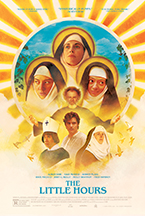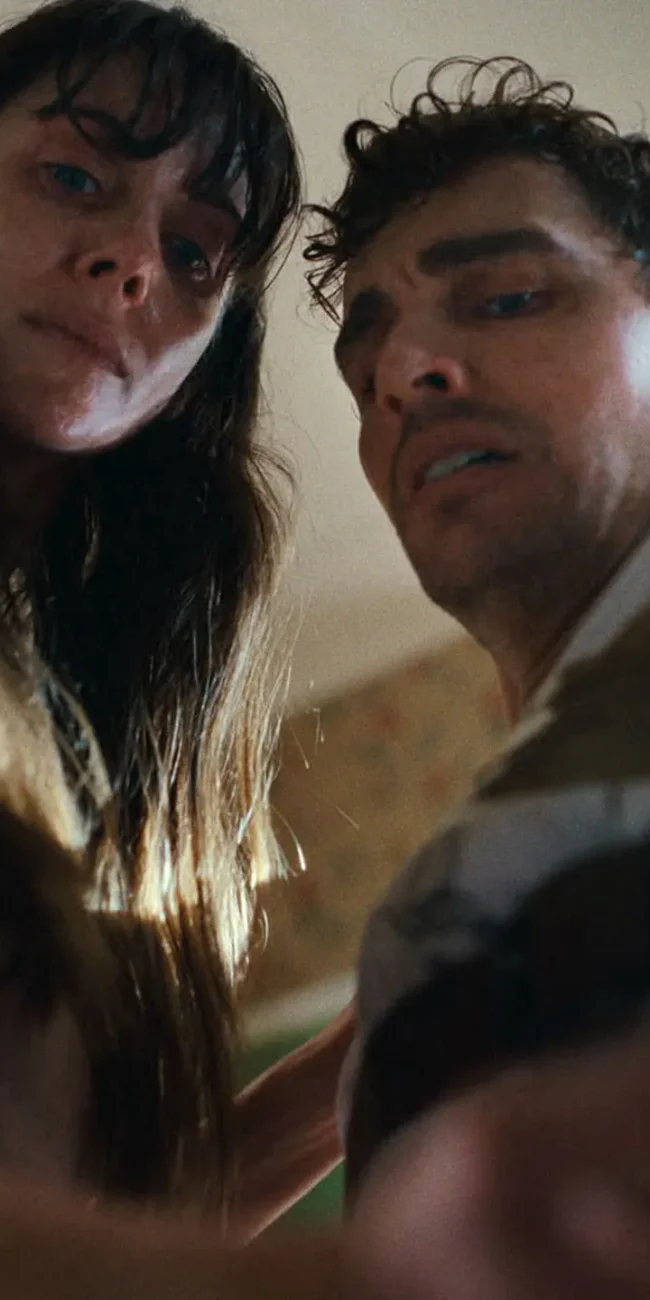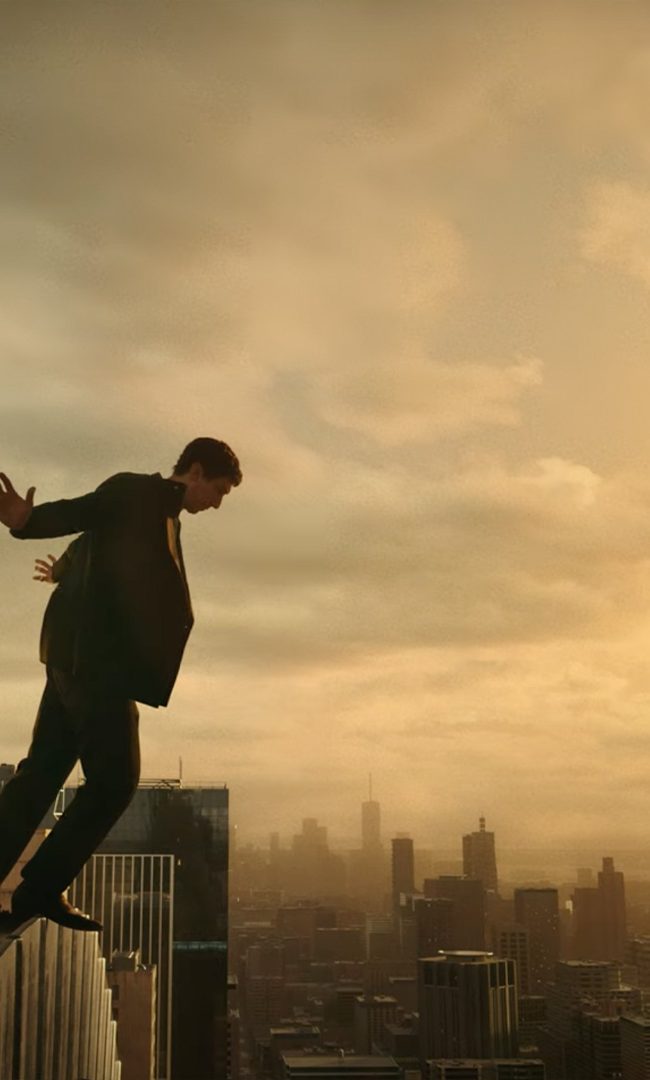
(After several film festival showings, Jeff Baena’s The Little Hours is in theaters now and slowly expanding it’s reach.)
As someone who went to Catholic school back when nuns were still prone to rap our knuckles with a ruler, the premise of Jeff Baena’s The Little Hours is certainly appealing. Baena’s screenplay finds its roots in the first tale of the third day of Giovanni Boccaccio’s The Decameron, in which a gardener pretends to be mute to land a job at a convent where the nuns turn out to be not nearly as chaste as they’re supposed to be. While still setting the story in the 14th century, the period locations and garb are accented by touches of the 21st century with profanity-riddle dialogue delivered with the attitude, expressions, and voice of angsty American teens. To way oversimplify things, The Little Hours is like a medieval Mean Girls but with habits. One might even try to compare The Little Hours to Monty Python’s films, but it certainly doesn’t share the same level of absurdism and silliness.
The hilariously irreverent, potty-mouthed nuns are Alessandra (Alison Brie), Genevra (Kate Micucci), and Fernanda (Aubrey Plaza). They are not in the convent by choice and the repression of their natural desires is relieved only by outbursts of profanity and violence. Luckily, they have penance with Father Tommasso (John C. Reilly) to absolve them of their endless laundry list of sins with a few Our Fathers and Hail Marys – assuming that they truthfully confess all of their sins (which they don’t). Let’s just say these nuns break several of the Ten Commandments on a daily basis. This is precisely what happens when human beings a deprived of sexual desires, they get a bit rambunctious (hence the long history of sexual scandals in the Catholic church).
Baena’s directorial debut, Life After Beth, is still one of my favorite zombie films, first and foremost because of the way it twists the genre into something new. The Little Hours is similar in that it cleverly combines a medieval religious setting with modern dialogue and situations. For some, the nuns gone wild gag might wear out its welcome over 90-minutes, but I found it kind of refreshing to listen to nuns drop f-bombs (in what seems like every line of dialogue) and enjoy gender-agnostic promiscuity. Most importantly, three extremely talented comedic actors – Brie, Micucci, and Plaza – are given absolute freedom to let loose and that is a truly beautiful (and funny) thing to behold.
– Don Simpson (@thatdonsimpson)











